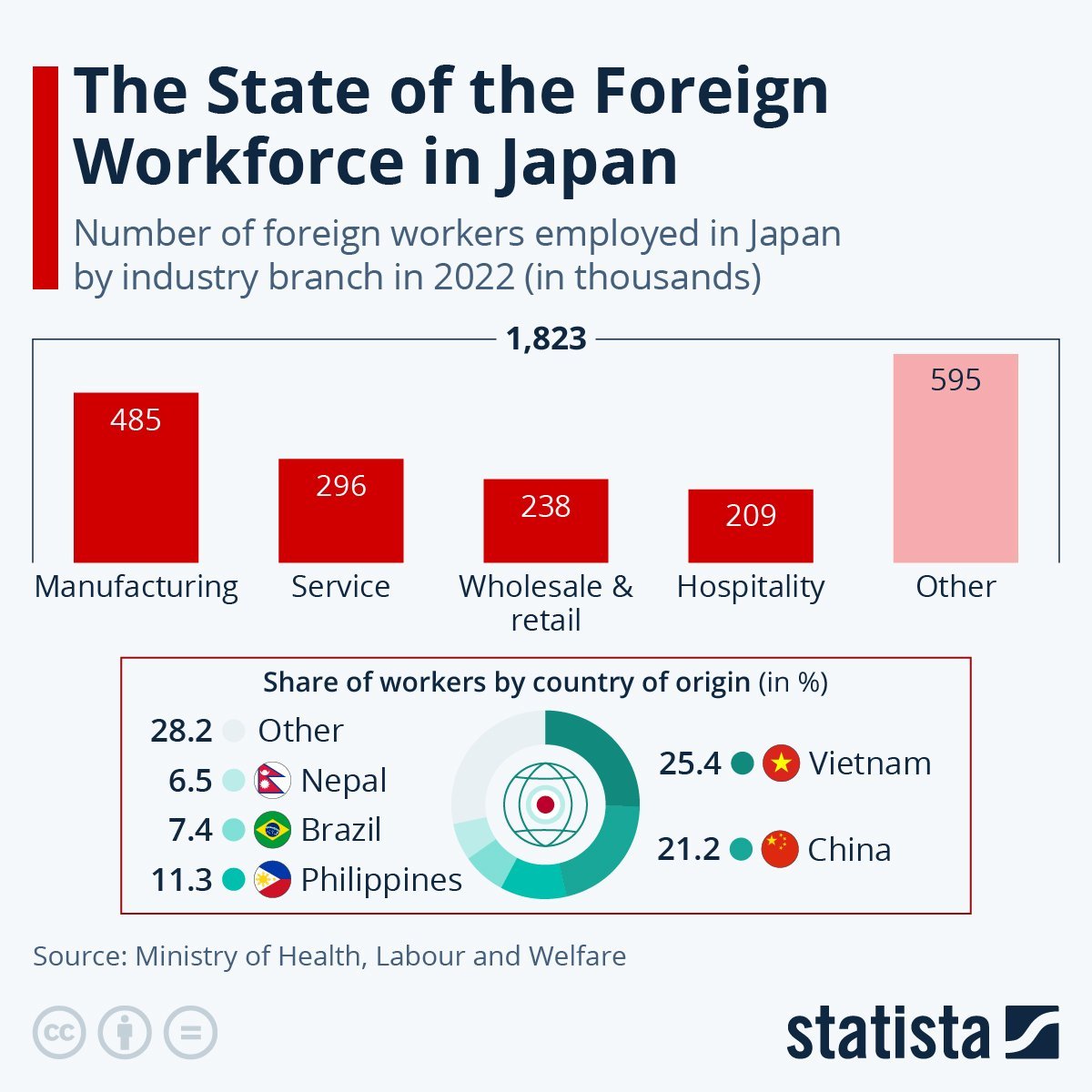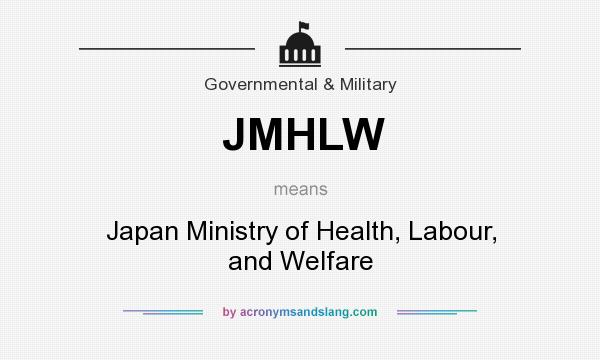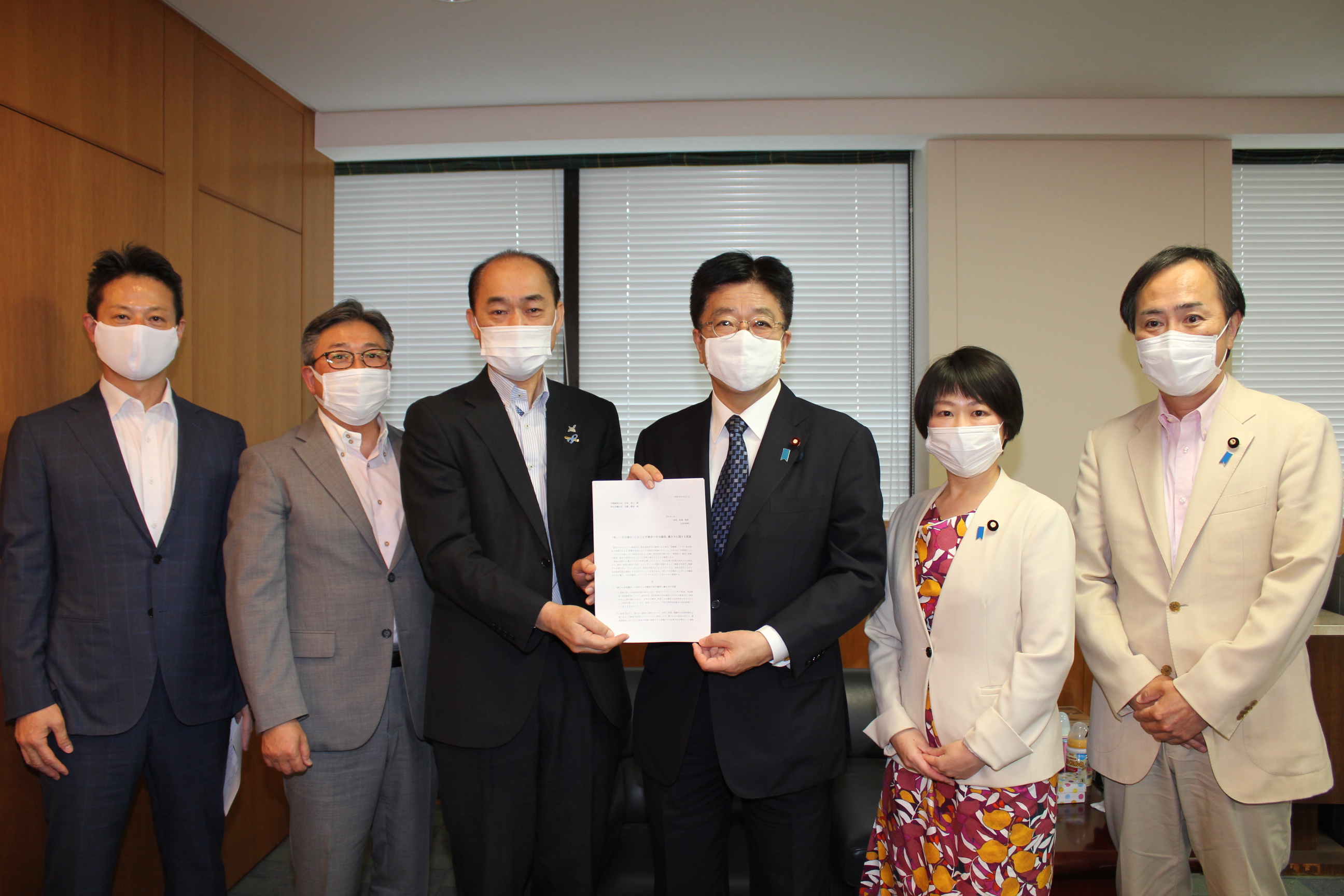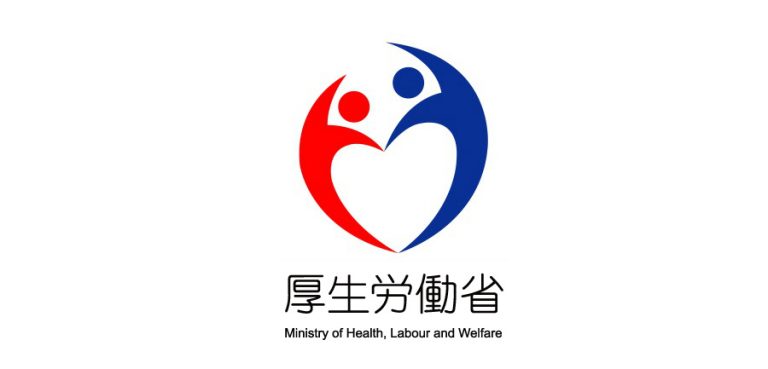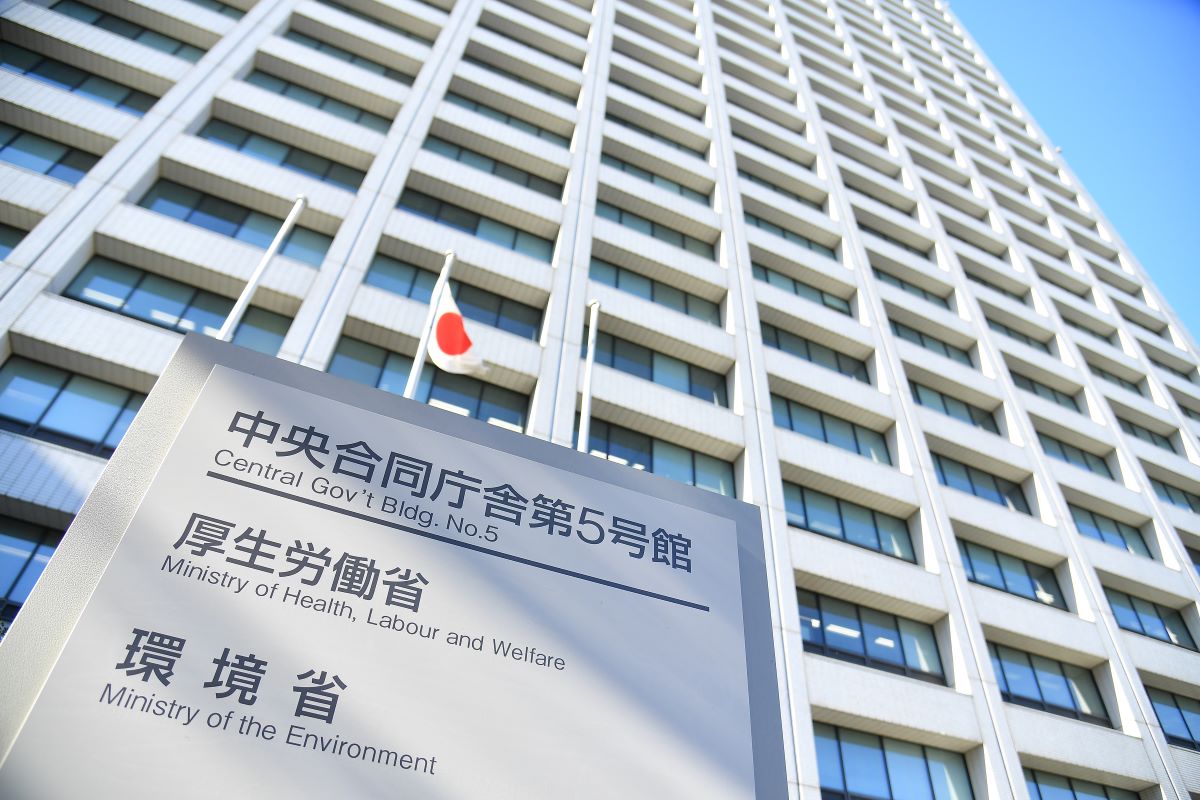Japan Ministry Of Health Labour And Welfare
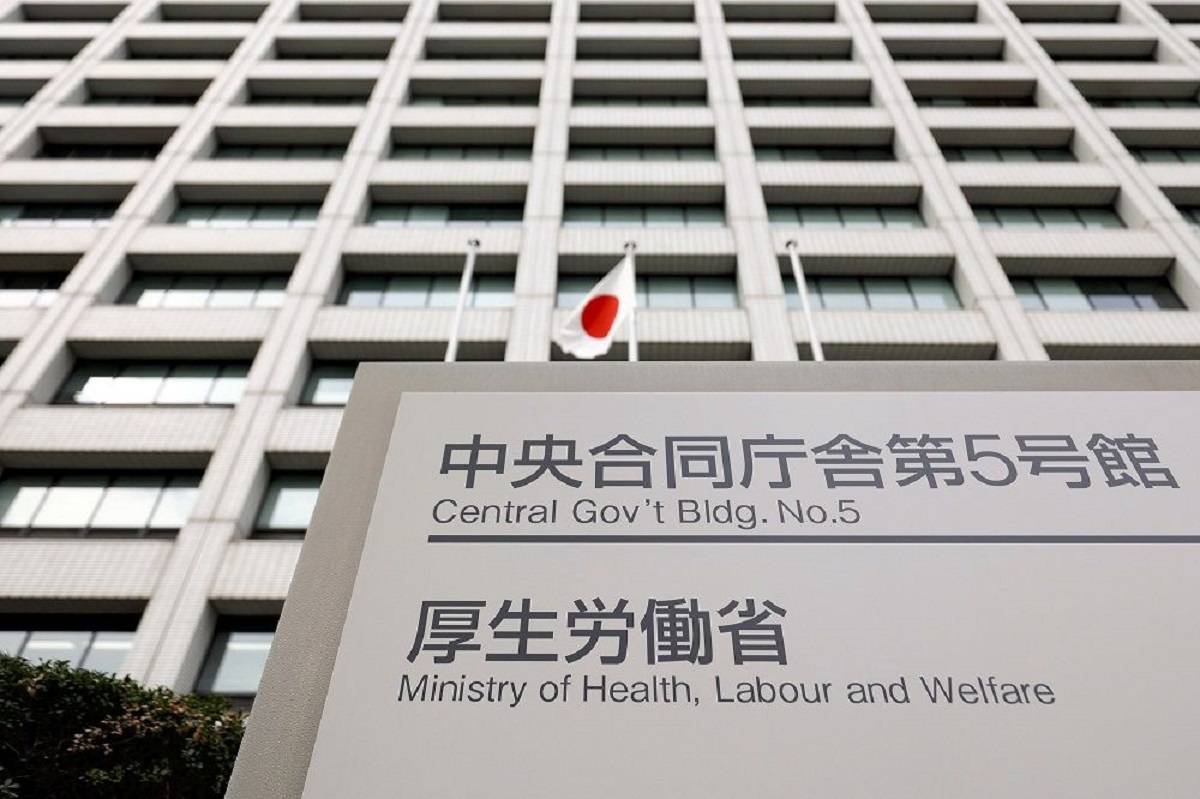
Japan's Ministry of Health, Labour and Welfare (MHLW) stands at a critical juncture, grappling with a confluence of demographic and economic challenges that threaten the nation's social fabric. An aging population, declining birth rate, and persistent labor shortages are stretching the ministry's resources and demanding innovative solutions to maintain the health and well-being of its citizens.
This article delves into the MHLW's multifaceted responsibilities and examines the key challenges it faces in the coming years. We will explore the strategies being implemented to address these pressing issues, focusing on healthcare reform, pension sustainability, and labor market adjustments. Furthermore, the piece considers the potential impact of these policies on Japanese society and the economy.
Healthcare System in Crisis?
Japan boasts one of the world's longest life expectancies, a testament to its robust universal healthcare system. However, this system is facing unprecedented strain due to the rapidly aging population. The number of elderly individuals requiring long-term care is increasing dramatically, placing immense pressure on healthcare facilities and personnel.
The MHLW is actively pursuing measures to control healthcare costs while ensuring access to quality care. These efforts include promoting preventative medicine, encouraging the use of generic drugs, and reforming the fee-for-service system to a more value-based approach.
Furthermore, the ministry is investing in technological solutions such as telemedicine and AI-powered diagnostics to improve efficiency and accessibility. "We must embrace innovation to meet the evolving needs of our aging society," stated a recent MHLW report.
Pension Reform: A Ticking Time Bomb
Japan's pension system, like many others worldwide, is struggling to cope with the increasing ratio of retirees to working-age individuals. The MHLW is tasked with ensuring the long-term sustainability of the pension system, a challenge that requires difficult decisions and potentially unpopular measures.
Recent reforms have included raising the retirement age, increasing pension contribution rates, and reducing benefit levels. These measures are intended to slow the depletion of pension reserves and ensure that future generations can receive adequate retirement income.
However, these reforms have faced criticism from some quarters, who argue that they place an undue burden on younger workers. Finding a fair and equitable solution that balances the needs of current and future retirees remains a significant challenge for the MHLW.
Labor Shortages: A Drag on Economic Growth
Japan's shrinking workforce is a major impediment to economic growth. The MHLW is working to address this issue through a variety of strategies, including promoting female labor force participation, encouraging older workers to remain in the workforce, and attracting skilled foreign workers.
The ministry is implementing policies to improve childcare support, make workplaces more family-friendly, and reduce gender inequality in the workplace. These efforts are aimed at making it easier for women to balance work and family responsibilities and to fully participate in the economy.
In addition, the MHLW is actively promoting the hiring of older workers by providing incentives to companies and offering training programs to help them adapt to changing job requirements. The acceptance of foreign workers, while historically limited, is slowly changing. The ministry has expanded visa programs for skilled workers in specific sectors, acknowledging the need for international talent to fill critical labor gaps.
"Addressing labor shortages is not just an economic imperative, it's a social necessity. We need to create a society where everyone has the opportunity to contribute their skills and talents," – statement from the Ministry of Health, Labour and Welfare.
Mental Health Initiatives: A Growing Priority
The MHLW has recognized the growing importance of mental health and is implementing policies to improve access to mental healthcare services. Suicide rates in Japan have been a persistent concern, and the ministry is committed to reducing these rates through prevention and early intervention programs.
Efforts include increasing the number of mental health professionals, expanding access to counseling and therapy, and raising awareness about mental health issues. "Breaking the stigma surrounding mental illness is crucial," emphasized a recent MHLW campaign. The ministry is also working to improve mental health services in the workplace and schools.
Challenges and Controversies
The MHLW's policies have not been without controversy. Pension reforms have faced resistance from those who fear reduced benefits. Changes to labor laws, particularly those related to flexible working arrangements, have been debated regarding their impact on worker well-being and job security.
Furthermore, the handling of certain public health crises, such as the COVID-19 pandemic, has been subject to scrutiny. The MHLW has faced criticism for its initial response and for the pace of vaccine rollout. Transparency and effective communication are crucial for maintaining public trust during such emergencies.
Looking Ahead
The Japan Ministry of Health, Labour and Welfare faces a challenging but vital mission in the years ahead. Successfully navigating the demographic and economic headwinds will require bold and innovative policies, effective communication, and a commitment to social equity.
The focus will likely remain on healthcare reform, pension sustainability, and labor market adjustments. The extent to which the MHLW can address these challenges will have a profound impact on the well-being of the Japanese people and the future of the nation.
Ultimately, the success of the MHLW will depend on its ability to build consensus, adapt to changing circumstances, and prioritize the needs of its citizens in a rapidly evolving world.
